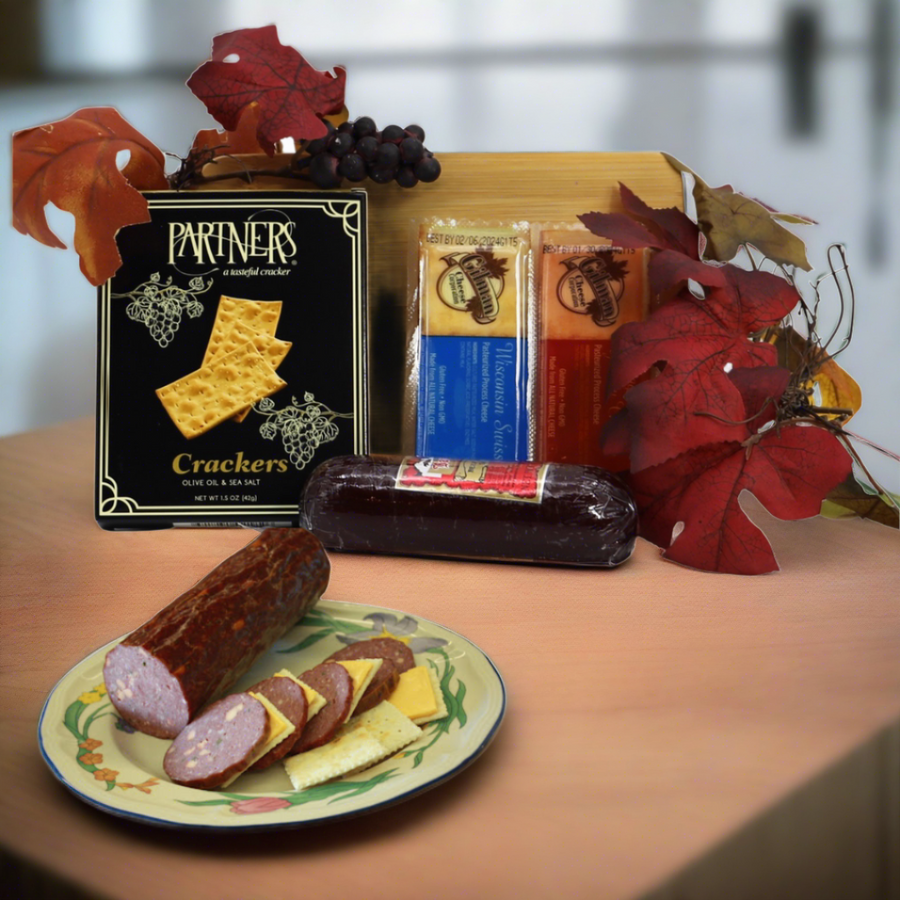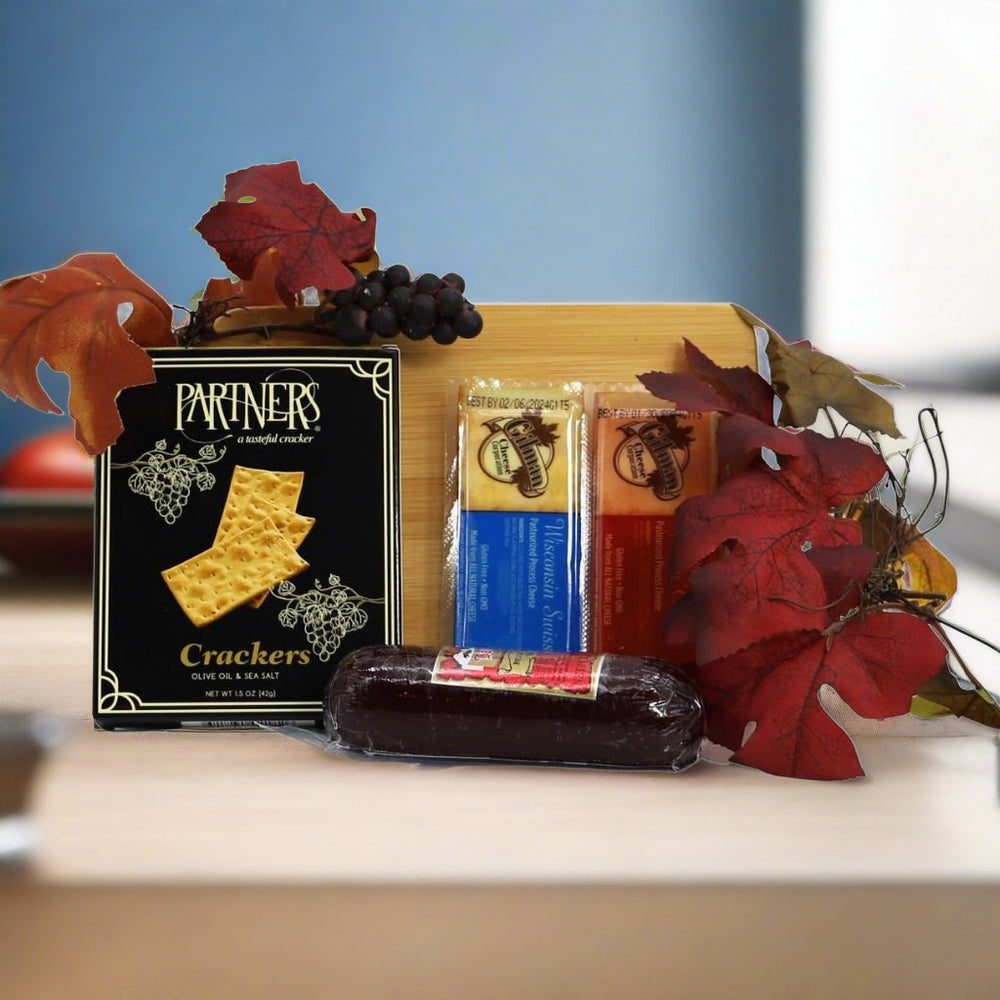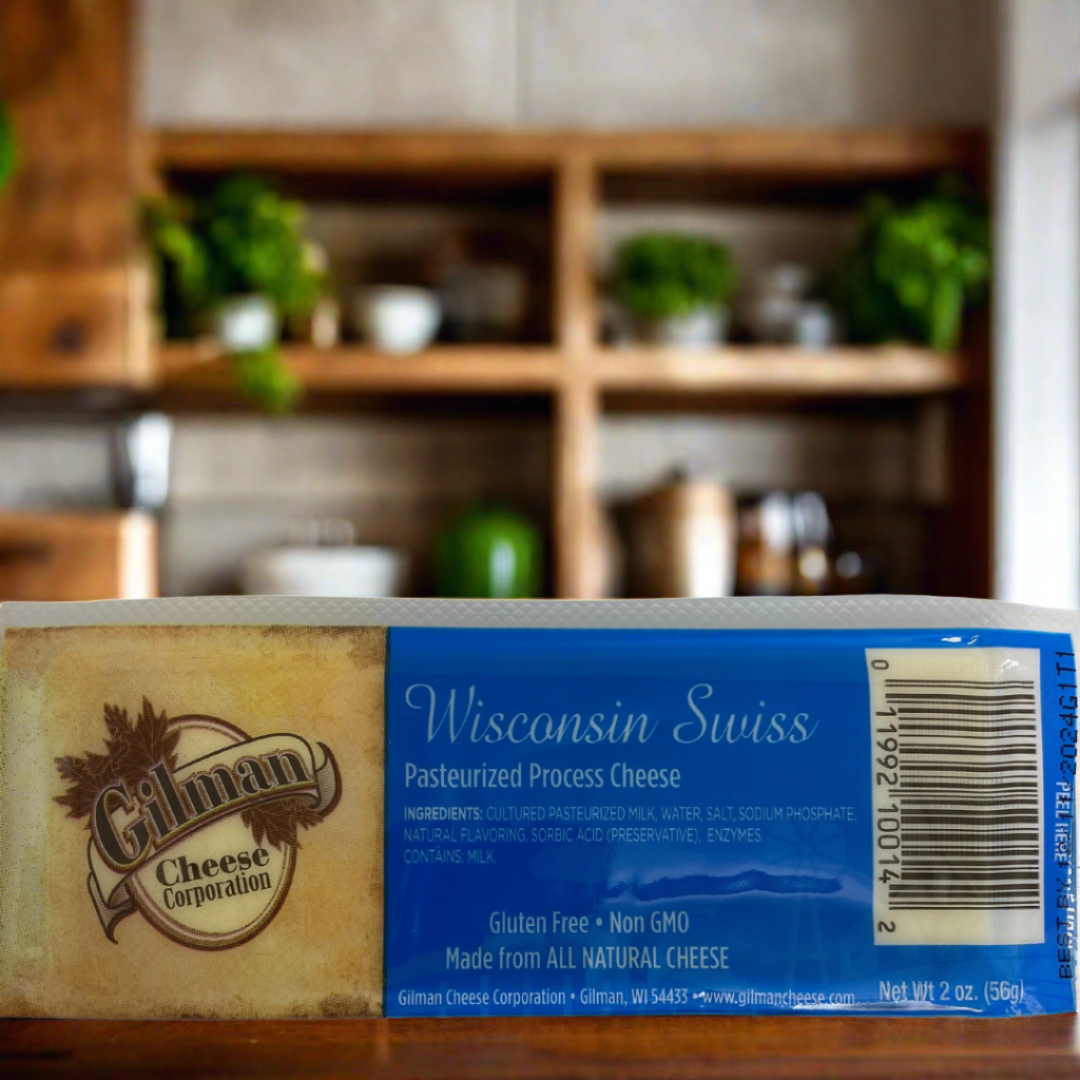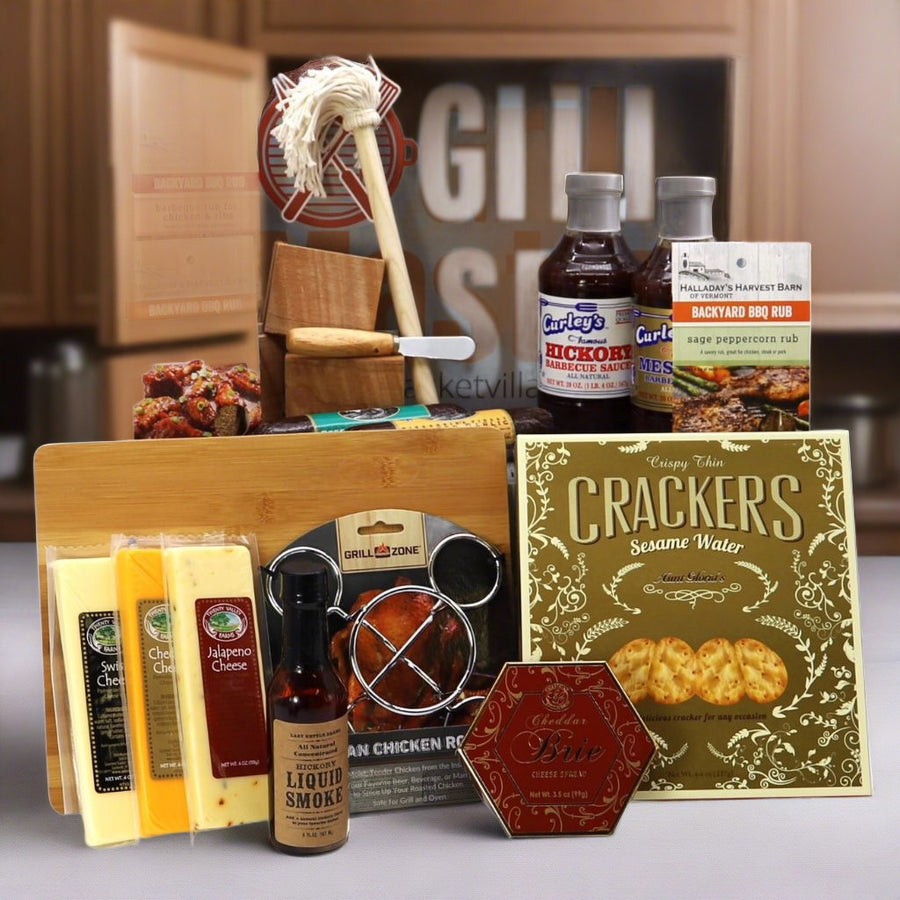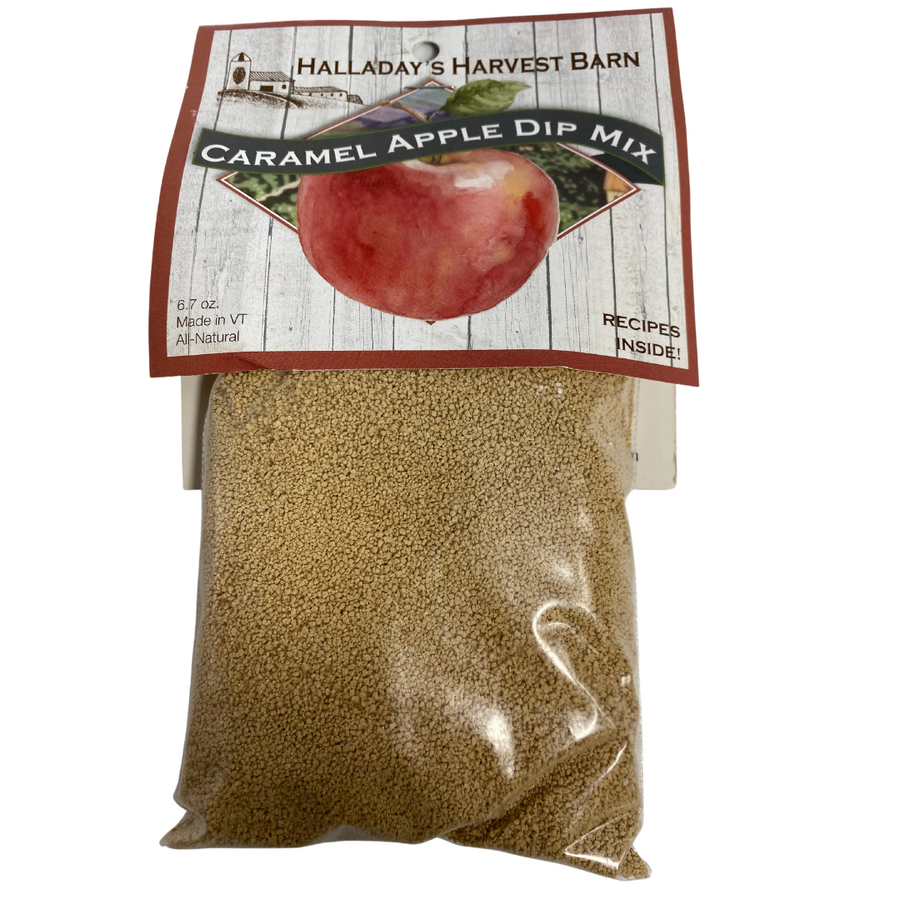Choosing the Best Seasoning for Your Chicken
Are you tired of plain, boring chicken? Is your go-to seasoning just not cutting it anymore? If you're looking to elevate your chicken dishes to a whole new level, you've come to the right place. In this ultimate guide, we'll take you through the best seasonings for your chicken that will have your taste buds dancing with delight.
Finding the perfect seasoning for your chicken can be a game-changer. It can turn a bland and flavorless dish into a mouthwatering masterpiece. But with so many options out there, how do you know which one is right for you?
In this guide, we'll explore a variety of seasoning options, from traditional favorites like garlic and onion powder to blends and spicy rubs. We'll also discuss the flavor profiles of different seasonings and provide tips on how to use them effectively.
Whether you're a fan of bold and spicy flavors or prefer a more subtle and aromatic taste, this guide will help you find the perfect seasoning to take your chicken dishes from ordinary to extraordinary. Get ready to impress your taste buds and wow your dinner guests with the best seasonings for your chicken.
Why is seasoning important for chicken?
Chicken is a versatile and popular protein choice for many meals. However, without proper seasoning, it can be bland and unappetizing. Seasoning is essential for chicken because it adds flavor, depth, and complexity to the meat. It enhances the natural taste of the chicken and can transform a simple dish into a culinary delight.
Not only does seasoning elevate the flavor of chicken, but it also helps to tenderize and moisten the meat. Certain seasonings, such as salt, can help break down proteins, resulting in a more tender and juicy chicken. Additionally, seasonings can add color and visual appeal to your dishes, making them more appetizing and enticing.
Understanding different types of seasonings

When it comes to seasoning your chicken, you have a wide range of options to choose from. Different seasonings offer unique flavor profiles and can complement various cooking methods. Let's take a closer look at some popular types of seasonings for chicken:
1. Salt and pepper
Salt and pepper are the most basic seasonings, yet they are a staple in every kitchen. They enhance the natural flavors of the chicken, bringing out its best qualities. Salt helps to draw out moisture, making the chicken juicier, while pepper adds a subtle kick and depth to the taste.
2. Garlic and onion powder
These are classic seasonings that can elevate the flavor of chicken. Garlic powder offers a strong, pungent flavor, while onion powder adds a sweet and savory note. These two seasonings work well together and can be combined with other herbs and spices for a more complex taste.
3. Paprika
Paprika is a vibrant red spice that adds color and a mild, slightly sweet flavor to chicken. It can be used as a standalone seasoning or combined with other spices for a smoky or spicy taste. Paprika pairs well with grilled or roasted chicken and can give your dishes a beautiful reddish hue.
4. Italian seasoning
Italian seasoning is a blend of herbs, including basil, oregano, thyme, and rosemary. It adds a Mediterranean flair to your chicken dishes, giving them a fragrant and aromatic taste. Italian seasoning works well in marinades, sauces, or as a dry rub for baking or grilling chicken.
5. Cajun seasoning
If you're a fan of bold and spicy flavors, Cajun seasoning is the way to go. It typically includes a combination of paprika, cayenne pepper, garlic powder, onion powder, and various other spices. Cajun seasoning adds a fiery kick to your chicken and works well with grilling or blackening techniques.
Spices vs. herbs for chicken seasoning
When it comes to seasoning chicken, you have the option of using either spices or herbs, or a combination of both. Understanding the difference between these two can help you create more flavorful and well-balanced dishes.
Spices
Spices are derived from the bark, seeds, or roots of plants and offer strong, intense flavors. They are typically used in dried form and can add depth, heat, and complexity to your chicken dishes. Some common spices used for chicken seasoning include paprika, cayenne pepper, cumin, coriander, and cinnamon.
Herbs
Herbs, on the other hand, are derived from the leaves of plants and offer a more subtle and aromatic taste. They are usually used fresh or dried and can add freshness, fragrance, and brightness to your chicken dishes. Some popular herbs for chicken seasoning include basil, thyme, rosemary, parsley, and cilantro.
Both spices and herbs have their own unique characteristics and can be used individually or in combination to create delicious and well-balanced flavors. Experimenting with different combinations can help you find your perfect chicken seasoning.
Creating your own blend

While pre-made seasoning blends are readily available in stores, creating your own chicken seasoning blend allows you to customize the flavors to suit your taste preferences. Here are some tips on creating your own blend:
1. Start with a base
Choose a primary flavor or ingredient that will be the focal point of your seasoning blend. It could be a specific spice or herb that you love or a combination of both. This will provide a foundation for your blend and set the tone for the overall taste.
2. Experiment with complementary flavors
Once you have your base, start experimenting with different complementary flavors. This could include adding spices or herbs that enhance or balance the primary flavor. For example, if you're using paprika as your base, you could complement it with cumin, garlic powder, and a touch of cayenne pepper for a smoky and spicy blend.
3. Consider the cooking method
Take into account the cooking method you'll be using for your chicken. Different cooking methods can affect the way flavors develop and intensify. For example, if you're grilling your chicken, you may want to include spices that can withstand high heat and won't burn easily.
4. Taste and adjust
Remember to taste your seasoning blend as you go and make adjustments as needed. Seasonings should be well-balanced, with no single flavor overpowering the others. Keep experimenting until you achieve the desired taste.
Creating your own chicken seasoning blend allows you to get creative in the kitchen and tailor the flavors to your liking. It's a fun and rewarding process that can take your chicken dishes to the next level.
Tips for properly seasoning chicken
Seasoning chicken may seem like a simple task, but there are a few tips and tricks that can help you achieve the best results. Here are some tips for properly seasoning chicken:
1. Pat the chicken dry
Before seasoning your chicken, make sure to pat it dry with a paper towel. Excess moisture on the surface of the chicken can prevent the seasonings from sticking and penetrating the meat properly. Dry chicken will also result in a crispier skin when cooked.
2. Season generously
Don't be afraid to be generous with your seasonings. Chicken can handle a good amount of flavor, so make sure to evenly coat the surface of the meat with your chosen seasoning blend. This will ensure that every bite is packed with delicious flavor.
3. Season in advance
For the best flavor, season your chicken in advance and allow it to marinate in the refrigerator for at least 30 minutes to several hours. This allows the seasonings to penetrate the meat, resulting in a more flavorful and tender chicken.
4. Adjust seasoning for different cuts
Different cuts of chicken may require different amounts of seasoning. For example, boneless, skinless chicken breasts may need less seasoning compared to chicken thighs or drumsticks. Adjust the amount of seasoning based on the size and thickness of the chicken cuts.
5. Season both sides
When seasoning chicken, make sure to season both sides of the meat. This ensures that the flavors are evenly distributed and that every bite is delicious. Don't forget to season the skin as well if you're leaving it on.
Properly seasoning chicken is a crucial step in creating delicious and flavorful dishes. With these tips, you'll be able to take your seasoning game to the next level.
Marinating vs. dry rubs
When it comes to seasoning chicken, you have the option of using a marinade or a dry rub. Both methods have their own benefits and can result in delicious and flavorful chicken. Let's take a closer look at each method:
Marinating
Marinating involves soaking the chicken in a flavorful liquid mixture for a period of time. This allows the flavors to penetrate the meat and enhance its taste. Marinating is particularly useful for lean cuts of chicken, such as chicken breasts, as it helps to keep the meat moist and tender during cooking.
To marinate chicken, simply combine your chosen seasonings with a liquid, such as oil, vinegar, citrus juice, or yogurt. Add the chicken to the marinade and refrigerate for at least 30 minutes to several hours, depending on the recipe. The longer you marinate, the more flavor the chicken will absorb.
Marinating is a great option if you have the time to plan ahead and want to infuse your chicken with complex flavors. It's ideal for grilling, baking, or roasting chicken, as the marinade can help prevent the meat from drying out.
Dry rubs
Dry rubs, on the other hand, involve coating the chicken with a mixture of dry ingredients, such as spices, herbs, salt, and sugar. The rub is massaged into the meat, creating a flavorful crust on the surface. Dry rubs are perfect for adding a burst of flavor to your chicken without the need for marinating time.
To create a dry rub, simply combine your chosen seasonings and spices in a bowl. Rub the mixture onto the chicken, making sure to cover all sides. You can let the chicken sit with the dry rub for a few minutes or cook it immediately.
Dry rubs are great for quick and easy seasoning, especially if you're short on time. They work well with grilling, smoking, or pan-searing chicken, as the dry rub forms a delicious crust when cooked.
Whether you choose to marinate or use a dry rub, both methods can result in flavorful and delicious chicken. Experiment with different recipes and techniques to find your preferred method.
Pairing chicken seasoning with different cooking methods

The cooking method you choose for your chicken can greatly impact the flavors and textures of the meat. Here are some popular cooking methods and the best seasoning options to pair with them:
1. Grilling
Grilling is a popular cooking method for chicken as it imparts a smoky flavor and creates a delicious charred crust. When it comes to grilling chicken, bold and robust seasonings work best. Consider using spices like paprika, cayenne pepper, chili powder, or a flavorful dry rub with herbs like thyme, rosemary, and garlic powder.
2. Roasting
Roasting chicken in the oven results in tender meat with a crispy skin. For roasted chicken, you can use a variety of seasonings, depending on the flavor profile you desire. Consider using a blend of herbs like rosemary, thyme, and sage, along with garlic and onion powder. A sprinkle of paprika can add color and flavor to your roasted chicken.
3. Pan-searing
Pan-searing chicken creates a delicious browned crust while keeping the meat juicy and tender. For pan-seared chicken, a simple seasoning of salt, pepper, and garlic powder works wonders. You can also add a touch of lemon zest or dried herbs like thyme or oregano for extra flavor.
4. Baking
Baking chicken in the oven is a foolproof method that results in moist and flavorful meat. For baked chicken, you can use a variety of seasonings to suit your taste. Consider using a blend of spices like paprika, cumin, garlic powder, and onion powder. You can also add a sprinkle of dried herbs like basil or oregano for a Mediterranean twist.
Each cooking method offers its own unique flavors and textures, and choosing the right seasoning can take your chicken dishes to new heights.
Best seasoning combinations for different chicken dishes
Now that you have a good understanding of different seasonings and cooking methods, let's explore some best seasoning combinations for different chicken dishes:
1. Lemon Herb Roasted Chicken
For a bright and refreshing flavor, combine lemon zest, garlic powder, dried thyme, and rosemary. Rub this mixture all over the chicken and roast it in the oven for a juicy and flavorful meal.
2. Spicy Cajun Grilled Chicken
If you're a fan of bold and spicy flavors, a Cajun seasoning blend is perfect for grilling chicken. Combine paprika, cayenne pepper, garlic powder, onion powder, dried thyme, and oregano for a fiery and flavorful kick.
3. Garlic Parmesan Baked Chicken
For a cheesy and savory twist, combine garlic powder, grated Parmesan cheese, dried basil, and dried oregano. Coat the chicken with this mixture and bake it in the oven for a deliciously golden and flavorful dish.
4. Mexican-inspired Chicken Fajitas
For a taste of Mexico, combine cumin, chili powder, garlic powder, onion powder, and a touch of cayenne pepper. Use this seasoning blend to marinate sliced chicken breast for fajitas that are bursting with flavor.
These are just a few examples of the countless seasoning combinations you can try for your chicken dishes. Don't be afraid to get creative and experiment with different flavors to find your perfect match.
Conclusion: Finding your perfect chicken seasoning
Choosing the best seasoning for your chicken can be a game-changer in the kitchen. It can turn a plain and boring dish into a flavorful and memorable meal. Whether you prefer bold and spicy flavors or a more subtle and aromatic taste, there is a seasoning out there that will suit your palate.
In this ultimate guide, we've explored a variety of seasoning options, from traditional favorites to blends and spicy rubs. We've discussed the differences between spices and herbs and provided tips on creating your own chicken seasoning blend. We've also shared tips for properly seasoning chicken and discussed the benefits of marinating and using dry rubs.
By pairing the right seasoning with different cooking methods, you can take your chicken dishes from ordinary to extraordinary. Whether you're grilling, roasting, pan-searing, or baking, there is a seasoning combination that will enhance the flavors and textures of your chicken.
So, the next time you're preparing chicken, don't settle for plain and boring. Get creative, experiment with different seasonings, and let your taste buds dance with delight. Elevate your chicken dishes to a whole new level and impress your family and friends with the best seasonings for your chicken. Happy seasoning!
Latest Stories
Guide to Gift Baskets for Men Unforgettable Presents That Pack a Punch!
Don't settle for another mediocre gift. Let us show you how to make a lasting impression with our ultimate guide to gift baskets for men.
10 Heartwarming Mother's Day Gift Basket Ideas to Show Your Love and Appreciation
No matter what her interests are, a thoughtfully curated gift basket will let your mom know just how much you love and appreciate her.
The Ultimate Guide to Gift Basket Ideas for Men
Whether he's into sports, cooking, grooming, or a combination of interests, we've got you covered with a wide range of creative and thoughtful gift basket ideas.


